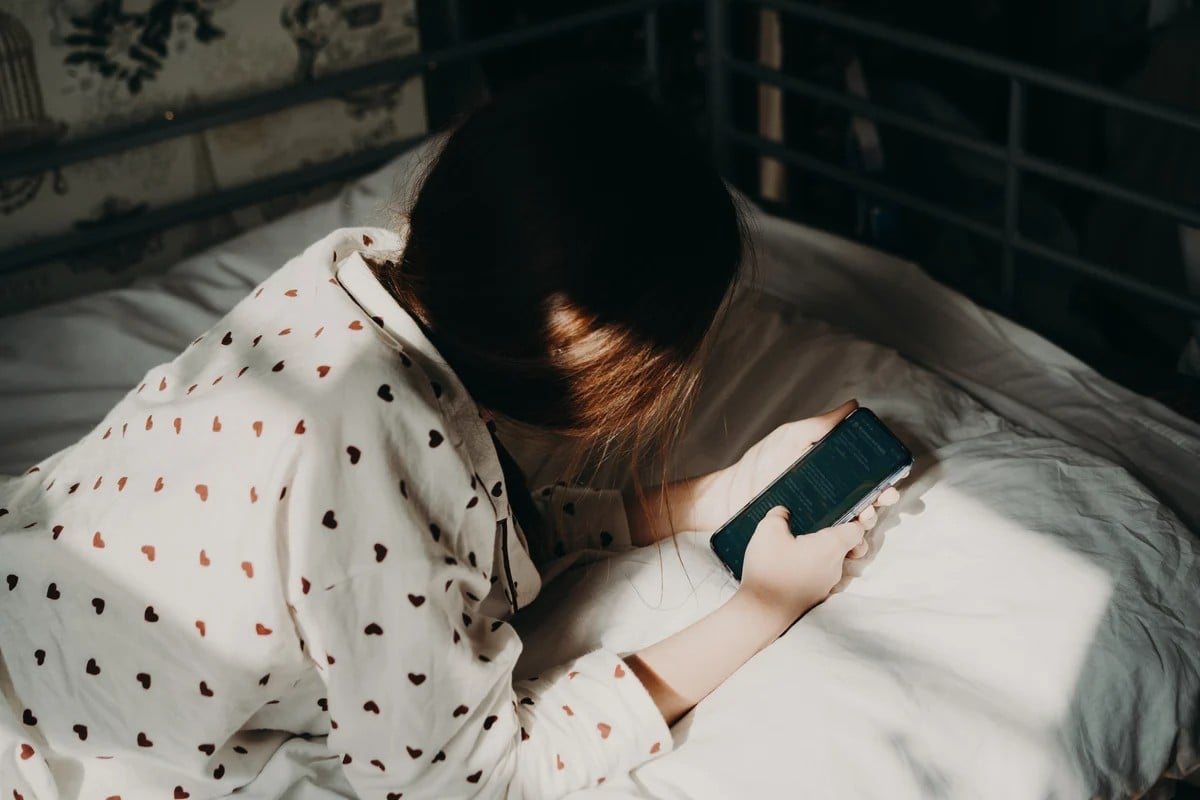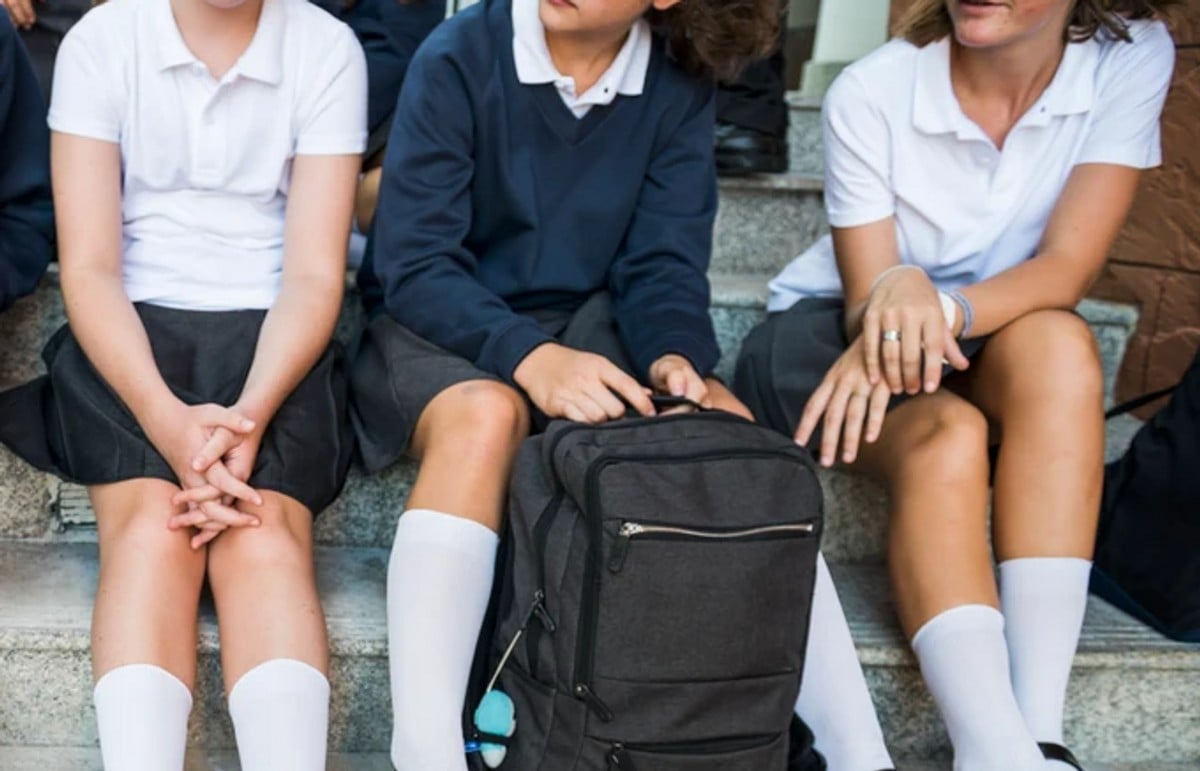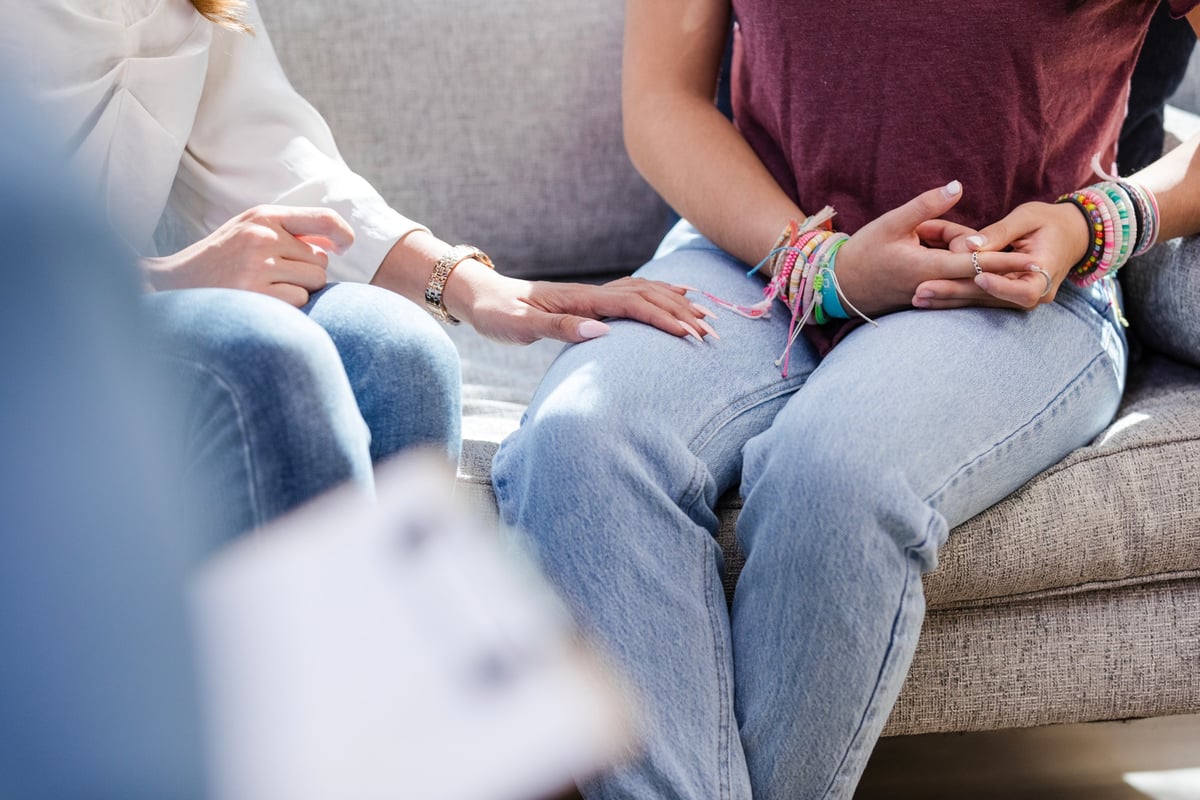
Want to support independent women's media? Become a Mamamia subscriber. Get an all-access pass to everything we make, including exclusive podcasts, articles, videos and our exercise app, MOVE.
"I don't want to burden a human being with my problems."
Those are the words Lisa's* 15-year-old daughter told her, when the teen shared she had been using ChatGPT as an online therapist.
The revelation came around two months ago and Lisa has been grappling with what to do ever since.
Does she give her daughter the space and time to work out what she's experiencing independently, or does she rush in to intervene?
"It makes me feel quite sad," Lisa told Mamamia, explaining her reaction to hearing her child say she didn't want to add to anyone's stress.
"She's always generally been quite an anxious person, so I think she's just trying to get her head around the hormonal changes and the general teenage stuff really."
Most of her daughter's queries to ChatGPT — as far as Lisa is aware — are around the nuances of navigating social dynamics, as the teen is in a "group of three."
 Lisa's daughter is in a group of three. It often makes her feel on the outskirts. Image: Getty.
Lisa's daughter is in a group of three. It often makes her feel on the outskirts. Image: Getty.






























































































